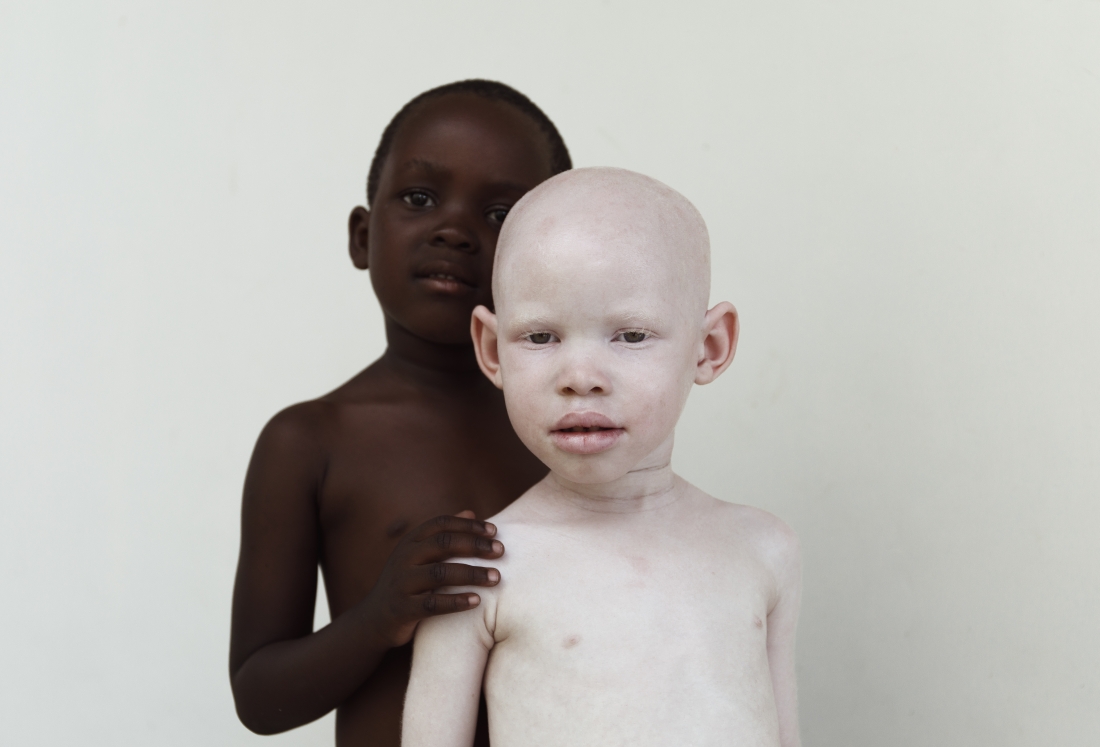2nd place
silver star award
Sophie Padt
netherlands 
Photo © Sophie Padt
title
Albinism
Because of killings like this, many children with albinism now live in camps. Rejected by and cut-off from their families, they live separate from society in order to keep them safe. In some of the camps the living circumstances are horrible, with even basic care lacking. And this separation doesn’t solve the problems. It doesn’t help with integration. It doesn’t give them a chance to grow into valued and respected members of society. They are secluded, kept apart, hidden, often mistreated and shamed.
Besides the superstitions, people with albinism in Tanzania face another threat. Their skin and eyes are without any pigmentation, which means that they have no natural protection against the harsh African sun. This lack of melanin results in severe burns, every day over and over again, which in time turn to brown spots (usually in the face) and in the long run to skin cancer. Dedicated organizations are working hard to get sunscreen to Africa to help protect albinos.
back to gallery
entry description
In Tanzania, when you have albinism, you are thought to be evil. There even is a price on the head of children with albinism since killing a person with albinism is considered to bring good luck. The fears and superstitions surrounding albinism run very deep in Tanzanian society. So deep that many women who give birth to a child with albinism are told to kill the baby at birth. If she refuses, she and the baby will become outcasts. Many children with albinism are denied the most fundamental of human rights. They are despised and taught that they are evil, that their existence is a curse. They live in constant fear of brutal attacks that often lead to death.Because of killings like this, many children with albinism now live in camps. Rejected by and cut-off from their families, they live separate from society in order to keep them safe. In some of the camps the living circumstances are horrible, with even basic care lacking. And this separation doesn’t solve the problems. It doesn’t help with integration. It doesn’t give them a chance to grow into valued and respected members of society. They are secluded, kept apart, hidden, often mistreated and shamed.
Besides the superstitions, people with albinism in Tanzania face another threat. Their skin and eyes are without any pigmentation, which means that they have no natural protection against the harsh African sun. This lack of melanin results in severe burns, every day over and over again, which in time turn to brown spots (usually in the face) and in the long run to skin cancer. Dedicated organizations are working hard to get sunscreen to Africa to help protect albinos.
about the photographer
22 year old student at the University of Applied Photography based in Amsterdam. Instagram @sophiepadtphotographyback to gallery

